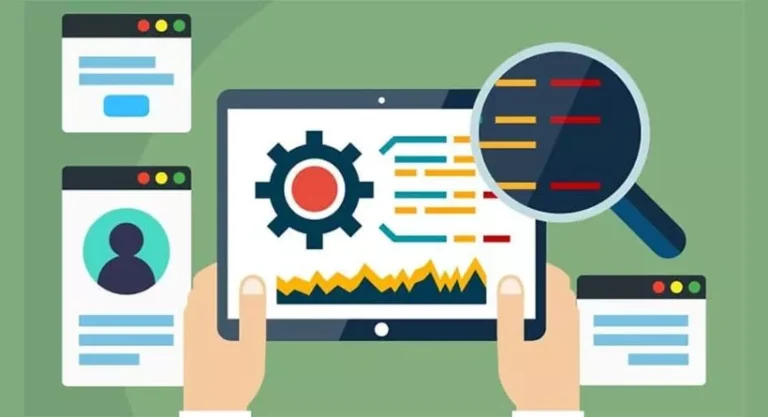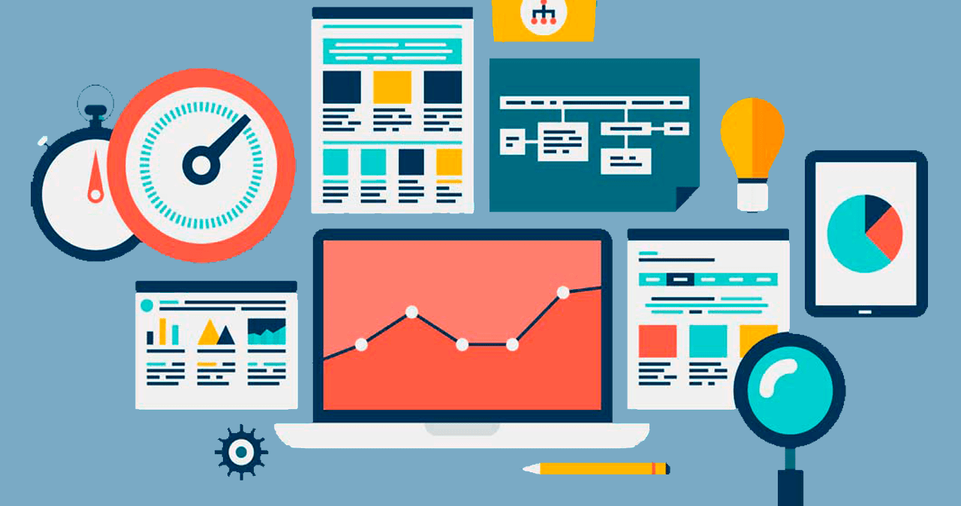The importance of client data collection and the usefulness of surveys as a tool for doing so are common knowledge among marketing professionals at this point.
Once you’ve made the decision to begin collecting consumer data, this article will walk you through the five most crucial pieces of information to gather. As the nature of your customers has the potential to significantly alter the data you need to gather, we separated out the specifics for businesses that sell to both other businesses and directly to consumers.
Client information at its most fundamental
The most important thing to do initially is to get the fundamentals of your customer’s profile.
Client information that is essential for business-to-business interactions
In the case of a business-to-business firm, this information would include the contact person’s name, email address, phone number, title, the firm’s name, its industry, and its annual revenue. You may then use this information to get in touch with the buyer, determine the optimal market for your goods, and locate your customer within the broader market.
Much of this information may be gathered when making a purchase, such at the online checkout, or by doing a quick Google search to learn more about the firm.
Learn the ins and outs of using customer data to boost B2B interactions.
The fundamentals of a B2C client’s profile
The process of data collection would be significantly less complicated for a business that deals directly with consumers. Get details like their full name, age, employer, residence, email address, phone number, and annual family income. All the information you need to get to know your customer and get in contact with them when the time comes is right here.
Although if common knowledge is not hard to get by, it should still be regarded seriously. There’s no use in moving on to step two unless you’ve gathered the fundamentals about your consumer.
Who exactly makes store-wide purchases?
Learning who among your consumers has the power to make purchases is a significant piece of information for your sales and marketing team. Knowing whether or not your B2B clients need to have buy-in from the C-suite or management on new and/or recurrent purchases is essential.
To succeed in business-to-consumer sales, you need to determine whether or not your product is bought by an individual or a household. Depending on the answers you obtain to these questions, you may opt to advertise to higher-ups or the wives of your primary target audience, or to include approval-facilitating technologies into the purchasing process.
Information on the selection of your business by clients.
Not understanding why your clients purchase from you is a major issue. Not knowing how much your consumers value your individual attention might lead you to switch your current method of service with one that is less individualized yet faster.
The greatest method to make sure your consumers are happy is to give them more of what they value most about your business. The only way to find out is to inquire.
How did people hear about your business?
This simple inquiry may provide light on the efficacy of your advertising campaigns. An excellent way to locate brand evangelists for your business is to learn that your B2C consumers are hearing about you from other satisfied customers (their friend or family member recommended you).
How likely are they to suggest your product to others?
Asking this question, commonly known as the Net Promoter Score survey, is one of the best methods to gauge a customer’s satisfaction with your brand. Customers will give you considerably more in-depth comments if you ask them whether or not they would risk their reputation by recommending you than if you just ask them whether or not they are pleased with your goods.
Keeping an eye on your Net Promoter Score (NPS) is a fantastic method to gauge client happiness, and by asking “why?
You may try to improve your score by making changes to your process or product and seeing if it helps.
Learn what the Net Promoter Score is and how you can use it to boost customer happiness by clicking here.
More particular data, relevant to your business and your customers, should be included into your CRM at some point. This is by no means an exhaustive list, but it will get you started on the path to discovering what information is most useful to you.









